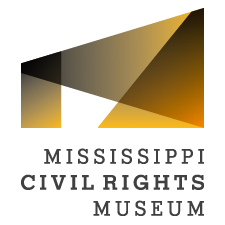Jack Reed Sr.
Jack Reed Sr.
"I think we all have a responsibility that we do what we think is right, and I thought if I wasn’t going to say it, who was?" Tupelo businessman Jack Reed Sr. was president-elect of the Mississippi Economic Council in 1963. On January 22, he spoke before hundreds of business leaders and legislators in Jackson—only a few months after the integration of the University of Mississippi. Tensions ran high, with state leaders pledging to close all public schools. In the landmark speech, Reed condemned the violence and made the case for education and academic freedom.
